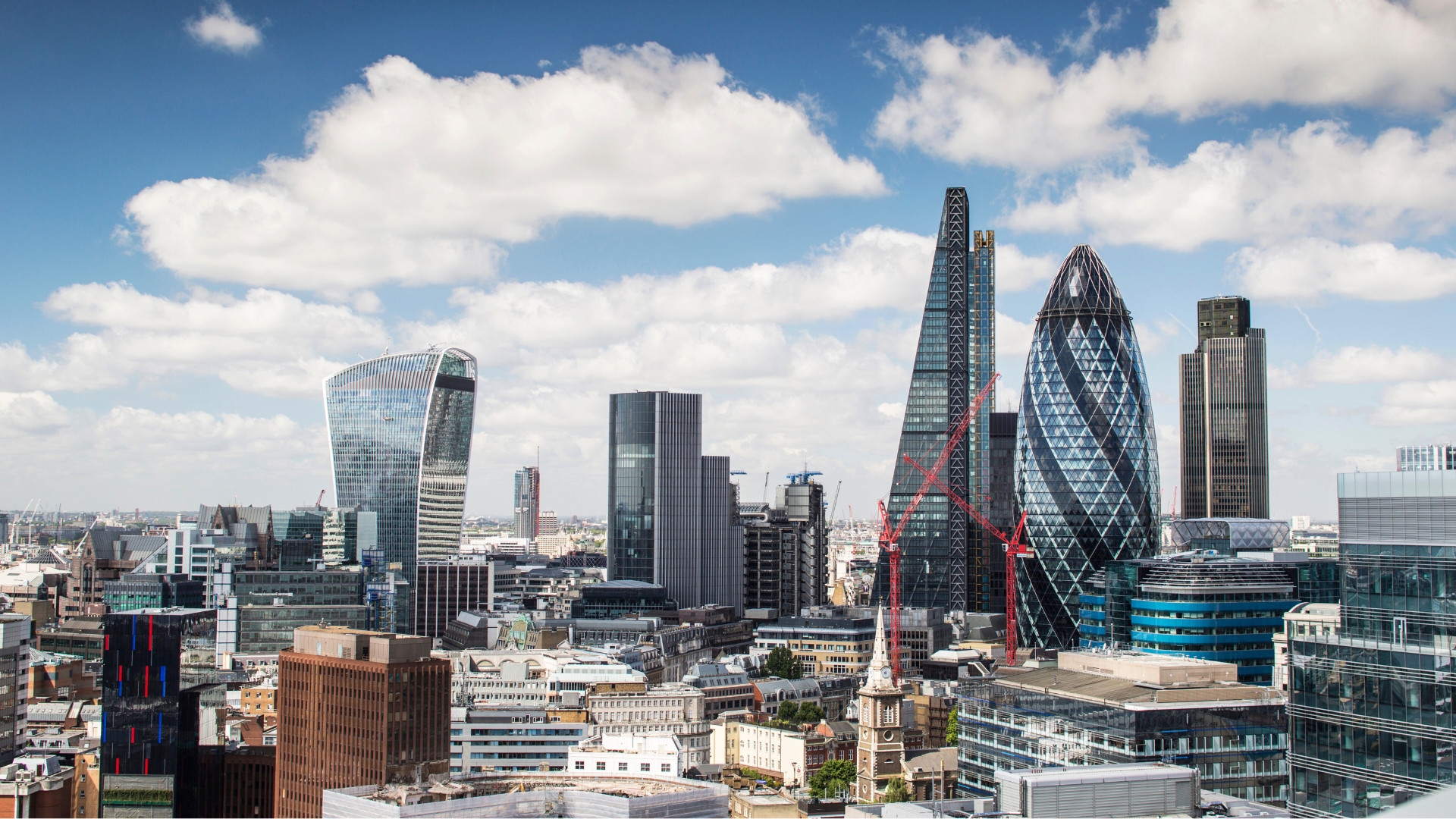A guide to P2P property investment
Property is a popular area of specialisation among peer-to-peer platforms, and gives investors access to higher-yielding opportunities. However, there are a few elements to bear in mind when allocating to the segment, CapitalRise’s founder Alex Michelin says, as he helps investors understand what to take into consideration…
Stage 1
Location, Location, Location – this old and often quoted adage still holds true today. It is the bedrock of intelligent property investment. Is the property in a prime location where there is good demand and people want to live?
E.g. London, city centres, great commuter towns etc. If it is not, you probably shouldn’t consider the investment proposition any further due to the risk. If it is in a prime location, then that’s great and you can go to the next step.
Does the platform recommending the investment have a good track record and does it have a team with lots of experience in carrying out due diligence on property investments successfully?
If the team behind the platform is made up of a couple of young guys who are less than 30 years old, I would again say probably best to go elsewhere. If there is a larger team (at least five or six) with extensive, deep and successful property development and investment experience, then you can go to the next step.
Is your investment secured?
The great thing about property is that it is a physical asset – you can go and see it and touch it. As a physical asset, an investor can have their investment secured by way of a legal charge (which goes on the Land Registry) over the property itself which prevents it being sold until the investor has been repaid. Think about it like a bank – when they give you a mortgage, they take a legal charge against your house. That is why people say “backed by bricks and mortar”, because quite literally your investment is secured by the land and physical bricks. This is great for investors as it means that if something goes wrong, you are protected to a large degree by the value of the physical asset. This gives you peace of mind and means you are much more likely to be repaid, but remember regardless of the charge, your capital is still placed at risk and you can lose money when you invest in property.
What is the term of the investment?
Property is typically an illiquid investment which means you can’t sell it in a matter of hours or days (like say the stock or bond markets). So you need to make sure that the investment term, in other words how long your money will be invested for, is ok for your lifestyle. If, say, the investment term is 18 months, you need to be sure that you don’t need that money for at least 18 months because there is usually no way of getting it out early. If the investment term conforms to your monetary time horizon, then proceed to the next step.
Stage 2
Once you have covered off the top four steps, you know the investment has passed your initial checks and is potentially worth putting your money into. Now you need to check that the return being offered is high enough for the risk involved. The expressions are true: there is no reward without taking some risk and no free lunch. So you should now be concentrating on making sure that this investment provides the best rate of return for the risk involved. So check the following:
What return are you being offered?
Is this return fixed and certain or is it just a forecast?
Lots of property investments being offered out there are forecasting returns which may not be achieved. The platforms are forecasting these returns based on best-case scenarios. For this reason, I would recommend investments which are fixed so you know (assuming no catastrophe in the investment project) what return you are going to receive, so you can decide whether this is enough for the risk. I like to know what I am getting at the outset; it provides me with more complete information to make my decision.
Are there independent data points which confirm the investment thesis?
For example, are there independent valuations provided by experts as to the property value? Are there other reports which confirm independently what I am being told by the platform? Are there comparative properties listed which demonstrate that the value being claimed is correct? Clearly platforms are trying to get you to invest and so are likely to put everything in the most positive light. So I like to see other independent opinions from experts, who have to be factual and accurate, confirming the investment assumptions are correct. This gives comfort that what you are being told is more likely to be true. If the platform has no third party independent data sources confirming values etc., then find another option where these are available.
Once you have got to this point, I think you can invest with a good degree, but obviously not absolute, certainty.
For those of you who want to go even further, the next step is all about the numbers. For those of you who like to get into the detail, then I would go further and check the following:
- What is the leverage on the property? More highly levered is obviously bad and means there is a higher likelihood for things to go wrong.
- Does the developer or property owner have a significant (say at least 20 per cent of the total investment being raised) amount of their own money in the project? Where the property owner has a significant amount of their own money invested in the project, then historically you have a much higher chance of the investment being managed well. If the owner/developer of the project does not have their own money invested, they have much less downside and so are likely to take on more risk. Is that money lost first if something goes wrong? That is how it should be. The developer or owner should be the one who stands by their project and stands to make the most money if things go well from their hard work, but they should also be the ones to lose their money first if it goes wrong under their watch.
- Downside scenario analysis: Finally, I would step back from the investment and say, what can go wrong here and if it does go wrong, would I still get my money back. Typically in property that would be: what happens if the property market falls by say 10 per cent? What happens if the timeline is longer than forecast? What happens if the developer spends more than forecast or budgets are not met? Do I get my money back if these things happen? If it is likely that when these things happen you get your money back, then I think you have a pretty good investment to get into.
What fees are you being charged?
As we all know, fees cannibalise and eat away at your returns over time. So make sure you know what fees the platform is charging you. For example, if the headline rate of return is forecast to be 8 per cent per year, but the platform charges you 1.5 per cent per year, you are actually only making 6.5 per cent net return. That’s not so good. Choose platforms that are completely transparent on fees and only use platforms where the fees you are being charged are as low as possible. Less than one per cent is good but no investor fees is best of all.




